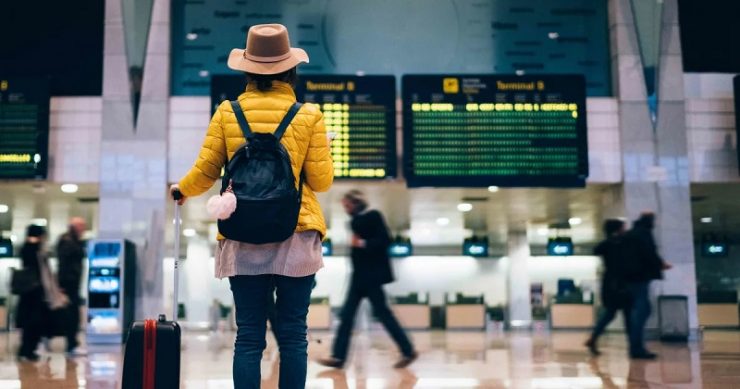THE COVID-19 pandemic has made many people return to traveling since last year. Moreover, more and more countries are opening their borders to welcome back foreign tourists. The improvement in world tourism can also be seen from the data released by Airbnb. One of them is solo traveling, which has increased more than 2.6 times.
“By 2022, solo travel in Southeast Asia will grow more than 2.6 times year-on-year, and group travel in the region will more than triple,” said Airbnb Co-Founder and Chief Strategy Officer, Nathan Blecharczyk, in a recent media roundtable session with Airbnb.
Furthermore, Blecharczyk said that many travelers in Southeast Asia are also staying longer in 2022. In fact, long-term stays of more than 28 days increased more than 2.5 times year-on-year.
“Southeast Asia is uniquely positioned to capitalize on the new flexible ways of living and traveling that people are embracing globally,” he said.
Meanwhile, the improvement of tourism, especially in Southeast Asia, is also felt by Airbnb. Based on their latest internal data, the number of reservations through Airbnb across Southeast Asia has doubled by 2022, compared to 2020.
This is also a good sign of the ongoing recovery in the region, as travel activity continues to increase as it did pre-pandemic in 2019.
“We are very excited about the tourism recovery currently taking place across Southeast Asia. The region has always been popular with travelers around the world for its tropical climate, delicious local cuisine, spectacular scenery, and rich cultural heritage,” said Blecharczyk.
“Airbnb is committed to working with local governments and communities to support the revival of the region’s tourism industry in a way that enables local people to reap the socio-economic benefits of tourism. We are also focused on bringing innovations that help spread the word about travel to unusual destinations and reinvigorate tourism, create social connections within communities, and bring economic benefits to locals,” he concluded. [sources/photo special]
















